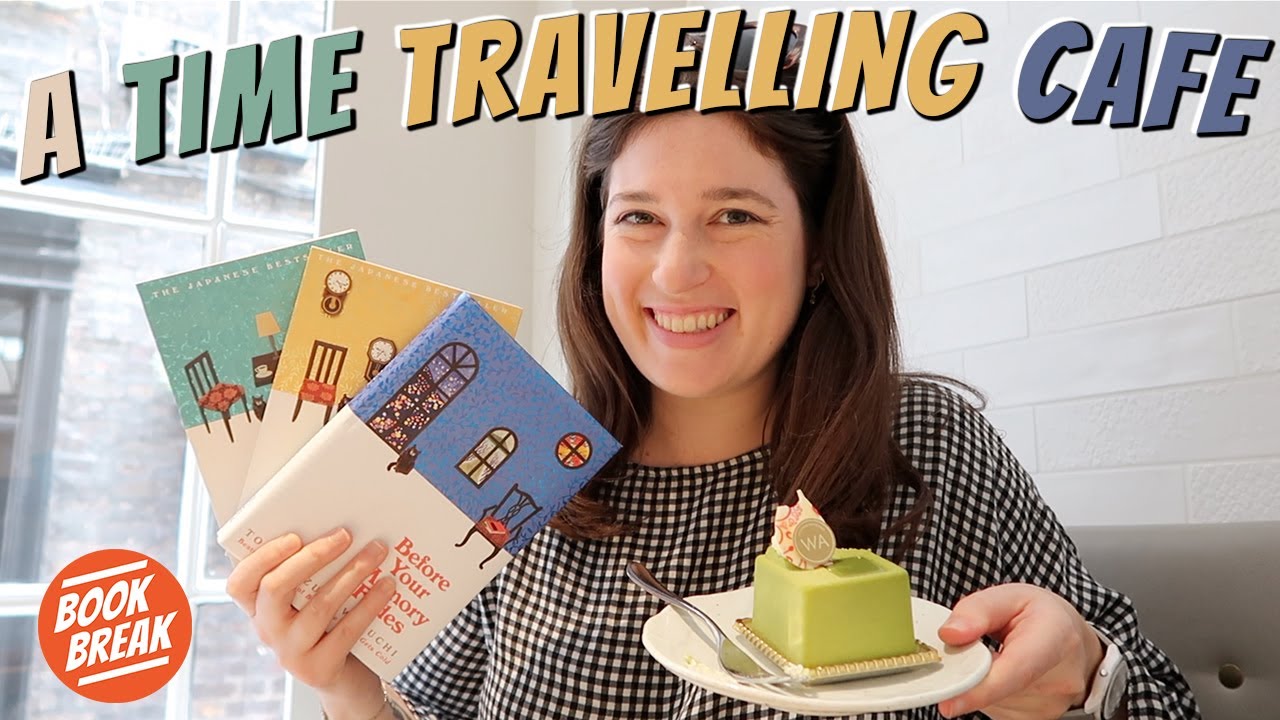Before the Coffee Gets Cold

In the bustling streets of Tokyo, there lies a quaint little café that holds a peculiar charm. It’s not just any ordinary café; it’s a place where time travel is possible, albeit with its own set of rules. “Before the Coffee Gets Cold” is not just a novel by Toshikazu Kawaguchi; it’s a portal into the realms of nostalgia, regret, and redemption. This article delves into the intricacies of this captivating narrative and explores the profound themes it unravels.
Table of Contents
ToggleThe Café:
A Nexus of Time and Emotions Central to the narrative is a café tucked away in a corner of Tokyo, seemingly inconspicuous to the untrained eye. Yet, for those who seek solace or a chance to alter the course of their lives, it holds the key. The café is imbued with a mystical aura, where patrons are granted the opportunity to travel through time. However, there’s a catch – they must return before their coffee gets cold, or risk being trapped in a temporal limbo.
Characters:
Threads of Fate Woven Together Within the confines of the café, we encounter an array of characters, each grappling with their own demons and desires. From a woman yearning to reconcile with her estranged sister to a man seeking closure with his departed wife, their stories intertwine, painting a poignant tapestry of human existence. Through their interactions and introspections, we witness the profound impact of choices made and opportunities missed.
Themes Explored:
Time, Regret, and Redemption At its core, “Before the Coffee Gets Cold” is a meditation on time – its fluidity, its immutable nature, and its ability to shape our lives. The characters, bound by their regrets and haunted by the specter of what could have been, are offered a chance at redemption. Yet, as they soon realize, altering the past comes with its own set of consequences. The novel poses thought-provoking questions about the nature of regret and the resilience of the human spirit.
Narrative Structure:
A Tapestry of Time Kawaguchi’s narrative unfolds like a series of interconnected vignettes, each exploring a different facet of the human experience. Through flashbacks and introspective monologues, we are transported across time and space, bearing witness to the joys and sorrows of the characters. The nonlinear structure adds depth to the storytelling, inviting readers to ponder the intricacies of fate and free will.
Symbolism:
Coffee as a Metaphor for Life In “Before the Coffee Gets Cold,” coffee serves as more than just a caffeinated beverage; it is a metaphor for life itself. Much like time, coffee is fleeting – once it cools, its essence is lost forever. The ritual of savoring a cup of coffee becomes a metaphor for seizing the moment, for embracing the fleeting nature of existence. Through this symbolism, Kawaguchi underscores the urgency of living in the present and cherishing every moment we are given.
Conclusion:
Embracing the Impermanence of Time “Before the Coffee Gets Cold” is more than just a tale of time travel; it is a poignant reminder of the fragility of life and the power of human connection. As the characters grapple with their pasts and contemplate their futures, they ultimately come to realize that true redemption lies not in changing the past, but in accepting it and moving forward with newfound clarity and purpose. In a world where time waits for no one, Kawaguchi’s novel serves as a gentle nudge to cherish the moments we have before the coffee gets cold.





